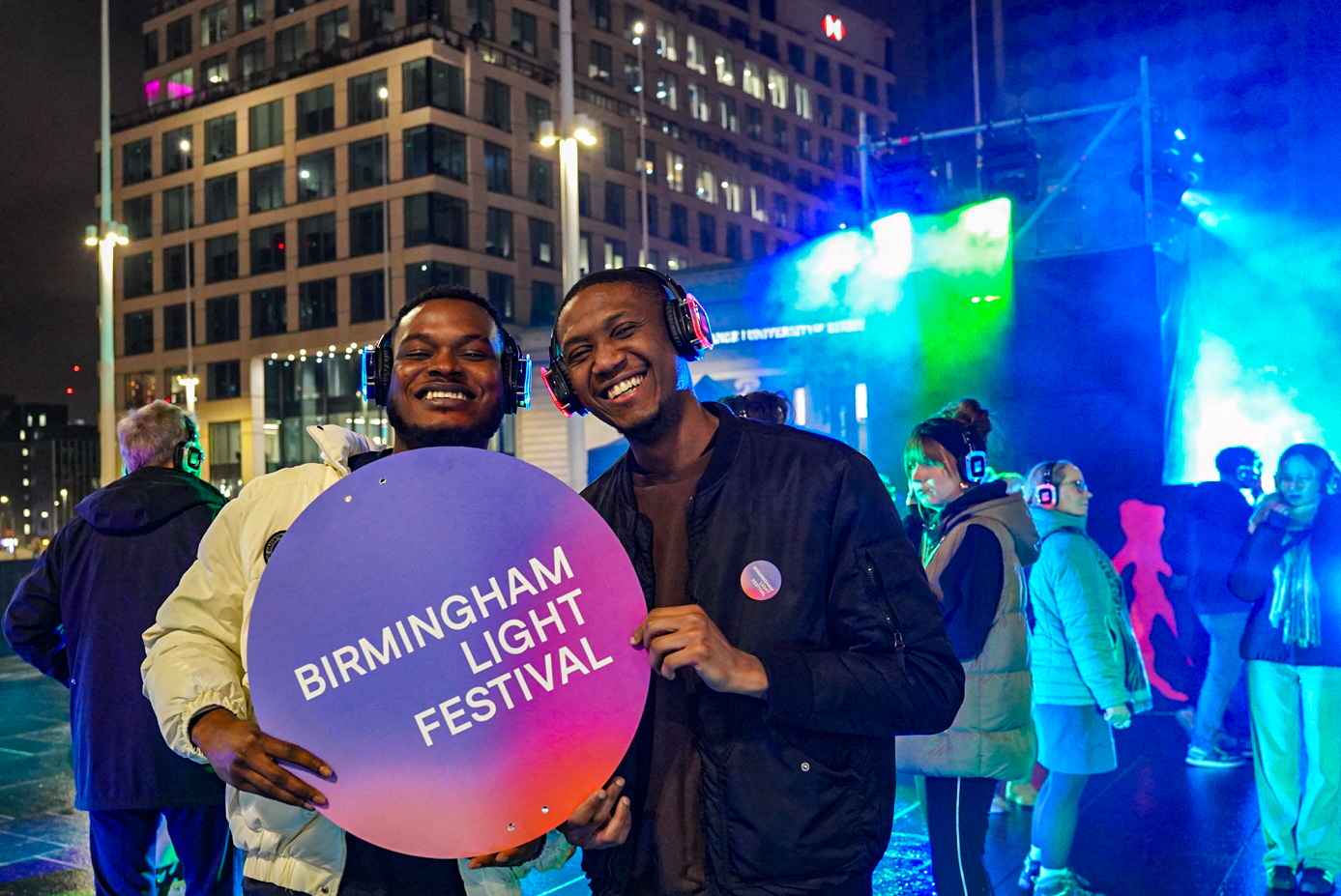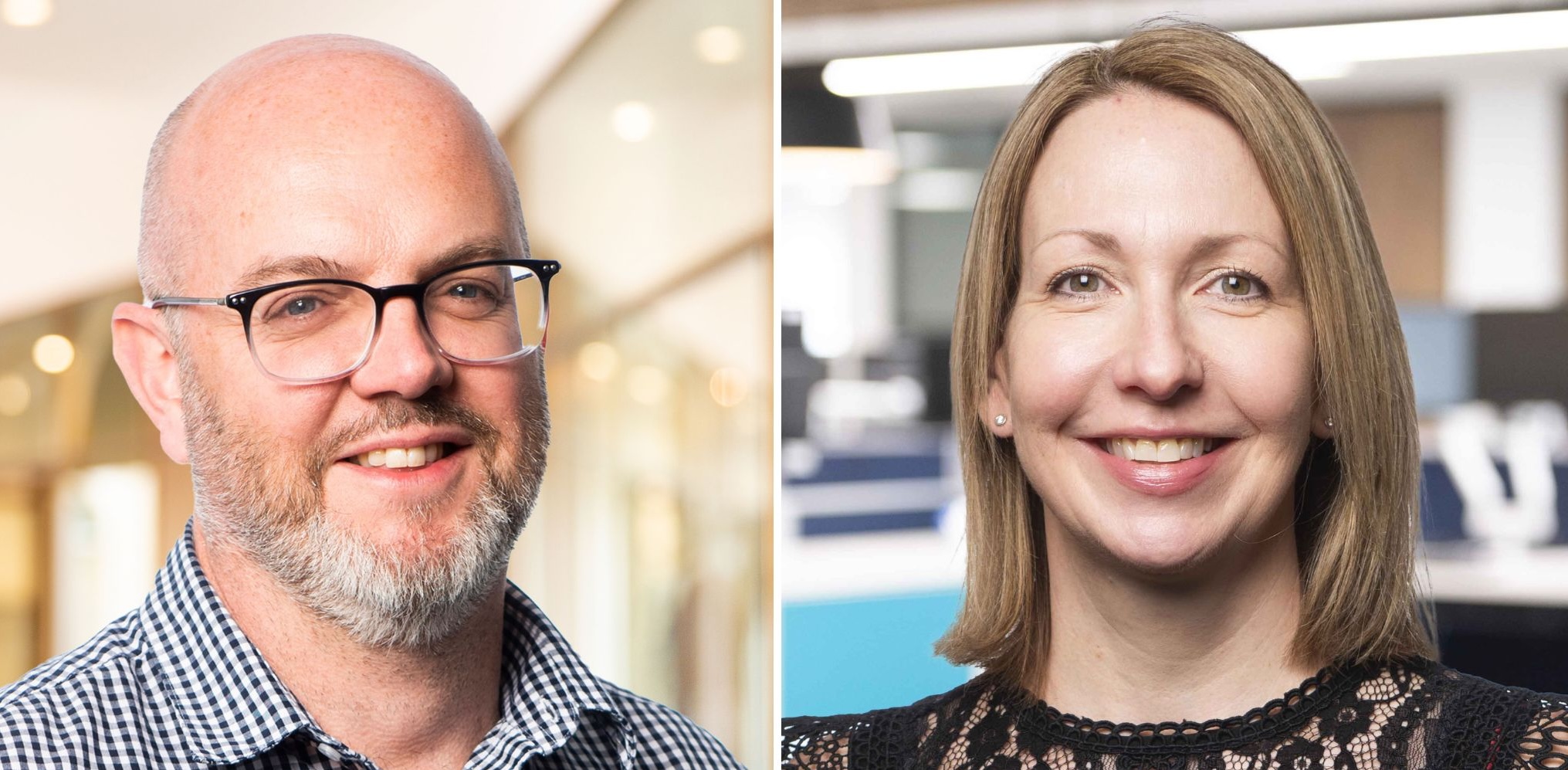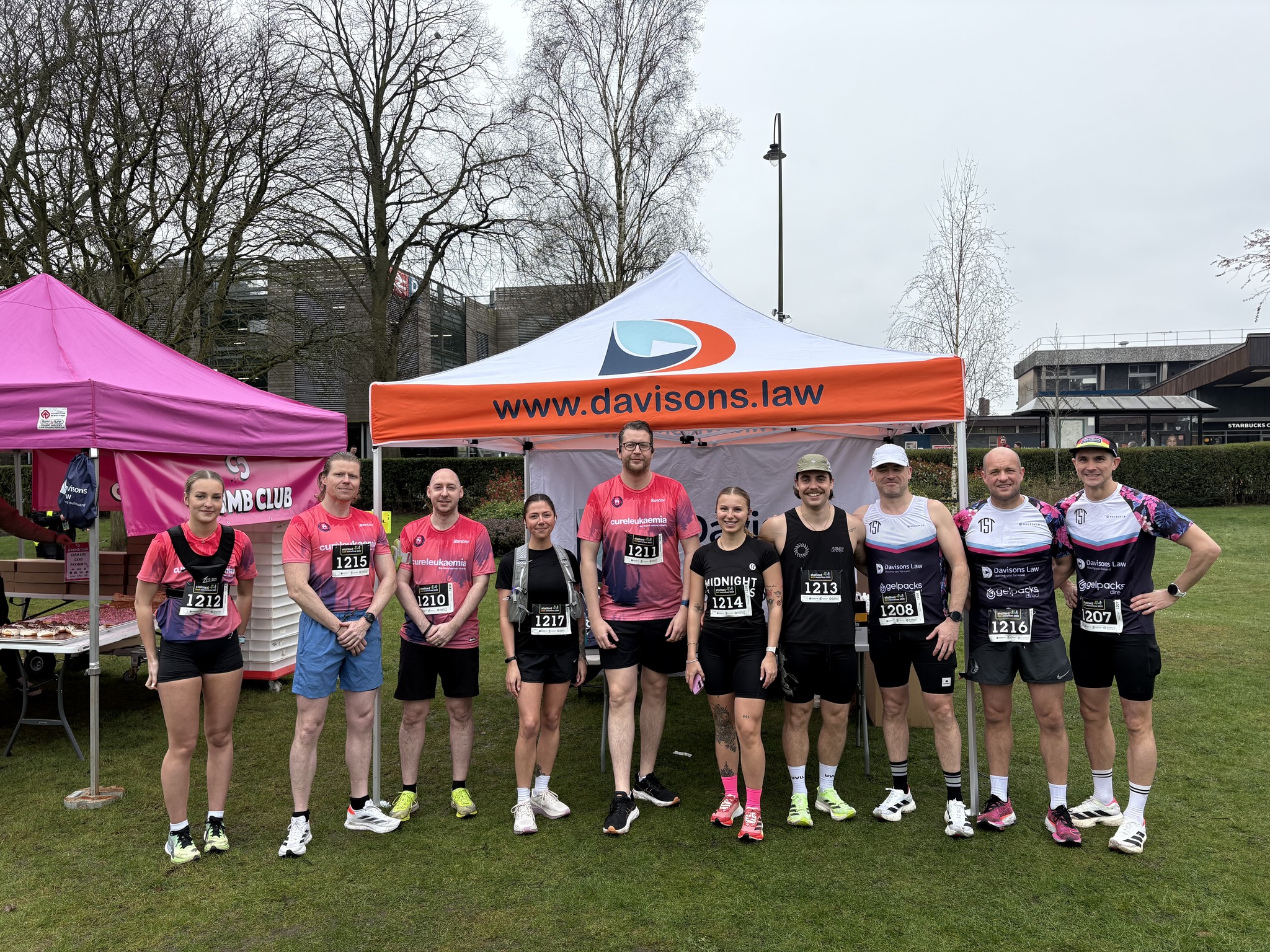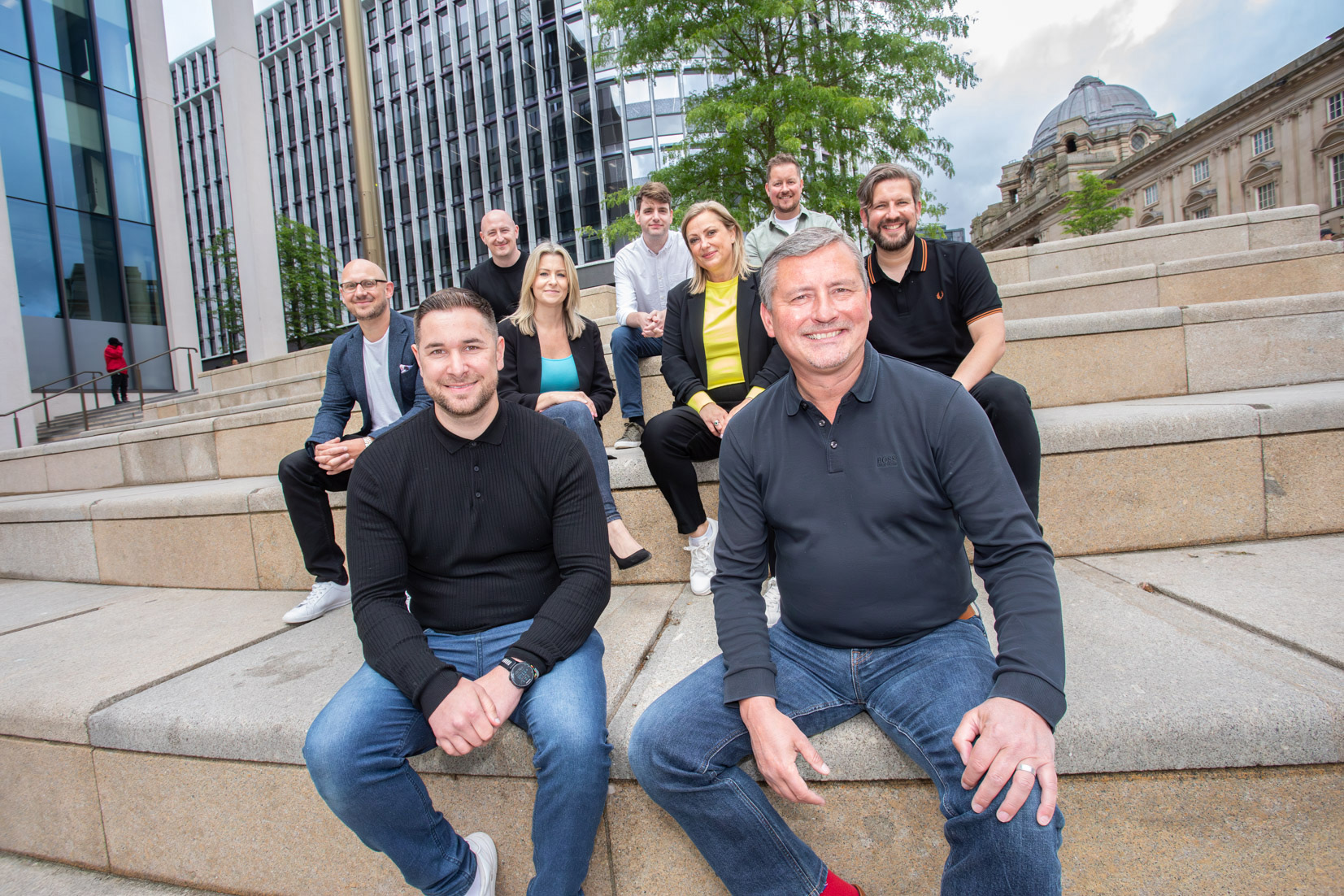Colmore BID outlines vision for Future Business District
13 October 2021
Download the Future Business District Report Summary
Download the full Future Business District Report
Download The Space Between, Colmore BID’s response to the Future Business District
Colmore Business Improvement District (Colmore BID) has set out an ambitious vision for the business district following a nine-month research study into the impact of the pandemic. Among 30 propositions, it calls for the appointment of a ‘Curator General’ to act as creative director for the city centre, to shape open spaces and attract new investors and professionals.
The Future Business District Study was commissioned by Colmore BID with support from Birmingham City Council, West Midlands Combined Authority (WMCA), Greater Birmingham and Solihull Local Enterprise Partnership (GBSLEP), MEPC and Balfour Beatty along with city centre BID partners JQ, Southside, Retail and Westside. It set out to address two questions:
1. What is the likely long-term impact of the COVID-19 pandemic on city centre business districts?
2. How can we ensure they remain successful as places to attract businesses and people and contribute to vibrant city centres?
Research was undertaken by City-REDI | WMREDI at the University of Birmingham working with the Office of Data Analytics at WMCA and supported by UKRI.
The report’s authors say three drivers must now be at the centre of making business districts fit for the future: “curation, collaboration and connections.”
Colmore BID has launched The Space Between,its response to City-REDI’s research where it says the business quarter will continue to thrive by: “curating The Space Between that gives Colmore life and makes it attractive to businesses, professionals and visitors.”
The BID has committed to work with partners to deliver an unrivalled urban experience across the city centre, combining retail, leisure and culture, featuring more independents, and continue to grow café culture. By harnessing hybrid, it will work to make Birmingham the best city from which to work flexibly and optimise the use of workspaces. It’s not just about office space though, investment in high quality public realm and green spaces will be needed to support wellbeing and sustainability, with increased footfall in the area.
Launching The Space Between, Mike Best, Board Director of Colmore BID and Chair of the Future Business District Steering Group, said:
“When we set up the Study a year ago, business districts were facing an existential crisis in lockdown. City centres had been hollowed out, and the forced experiment of remote working was to prove that where to work could be a matter of choice.
“Through the study and its wide-ranging consultation, we’ve found a high degree of confidence that the business district still has a very exciting future.
“The attractiveness of cities and the advantages of clustering highly skilled workers in business, professional and financial services remain strong, but the office, business district and wider city centre environment is now even more important, with factors such as transport, safety and climate change uppermost in mind. It is not a case of what you can do for the city centre, but what can the city centre do for you.”
Cllr Ian Ward, Leader of Birmingham City Council, commented:
“The Council welcomes this timely report as we progress our vision and strategy for the development of Central Birmingham, ‘Our Future City Plan.’
“Future Business District is right to focus on the increasing importance of culture to attract and sustain firms, professionals and visitors. We will work with city centre partners to explore how a ‘Curator General’ could lead this work. I also want to see us build on the growing café culture that has emerged in response to the pandemic and unlock spaces for independent retailers, foodies and social enterprises.”
An independent Advisory Panel was formed to give feedback to the Study team. Commenting on today’s reports, chair Alex Bishop – co-head of Shoosmiths’ Birmingham office and national head of Dispute Resolution & Litigation – said:
“Many firms are already embracing a hybrid model and discovering it’s working for them, their employees and clients. Companies are re-allocating office space to more collaborative styles of working. There is a real opportunity to make the business district more flexible and attract investors, professionals and visitors in greater numbers.”
Tim Jones, Provost and Vice Principal of the University of Birmingham, commented:
“The University established City-REDI to understand city-region economies and help shape their future, and this forms part of our commitment and our civic role in Birmingham. With Colmore BID and its partners, we continue our commitment to the city and have pushed the thinking about business districts of the future and identified exciting opportunities for them.”
As well as publication of Colmore BID’s response, The Space Between, City-REDI | WMREDI is releasing its own comprehensive research report which outlines six trends shaping future business districts and sets out a series of recommendations for business and public bodies.”
Andy Street, Mayor of the West Midlands, said:
“As Birmingham and the wider region bounce back from the devastating impact of the pandemic, our BPFS sector – with its heart in Colmore Business District – will be a crucial source of jobs and growth.
“Through opening up the business quarter to new players and making it more agile, by adopting ideas like Colmore Works and Colmore Concierge, there is real potential to not only grow it but to make it more inclusive.”
Neil Rami, Chief Executive of the West Midlands Growth Company said:
“Birmingham has been hugely successful in recent years, attracting major BPFS firms such as Goldman Sachs, HSBC and Deutsche Bank as well as the likes of the Financial Times and BT to its business district. The magnet is the region’s young, diverse population with thousands of local graduates, fantastic office facilities and the benefits of clustering, as well as a compelling quality of life offer.
“To continue this journey, it’s vital that we continue to evolve the business environment – which is why the recommendations in Future Business District are both welcome and timely. As the world recovers from COVID, active curation of the central business district to deliver an unrivalled urban experience across working, learning and leisure will be increasingly important to attracting investment and visitors.
“We look forward to working with partners to make this happen.”
Tim Pile, Chair of Greater Birmingham and Solihull Local Enterprise Partnership (GBSLEP), said:
“The focus on culture; imaginative use of space and commitment to sustainability in Future Business District strongly aligns with GBSLEP’s approach to placemaking. We believe a city centre with a fully rounded cultural offering will draw in businesses and visitors and therefore contribute our mission of driving forwards inclusive economic growth. A more pro-active style of curating the business quarter and wider city centre will help realise our vision of creating the best places for our people to live and work in.”
For more information and to Colmore BID’s response, The Space Between, and the research report, please click here.











